Reflections from Graduating PhD Students
Spring is always an exciting time here in the Department, as we prepare to graduate another cohort of students. We asked a few of our soon-to-be alums about their post-UW plans, to share highlights from graduate school, next steps, what's exciting them, and their best advice for future students.
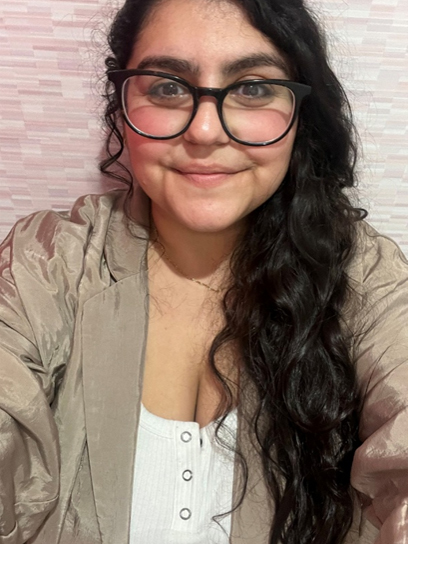 Jasmine Awad
Jasmine Awad
Area: Cognition & Perception, PhD in Psychology: Data Science, Summer 2025
What are your plans after finishing your PhD?
After earning my PhD I aim to work in UX or data science with a focus on accessibility. I’ve learned a great deal during my time in the CogPer program here at UW and I’d like to use what I’ve learned to help build more inclusive technologies and educational tools that work better for everyone.
What was a highlight of your time in grad school?
My lab and cohort mates were the highlight of my time in graduate school. I’ve learned SO much from the postdocs and graduate students around me and it really has made my learning experience all the richer- and all the more fun!! I’m really grateful to have been in a space where I can ask questions and learn alongside really brilliant scientists.
What are you most looking forward to next?
I’m mostly looking forward to being able to apply research to real-world applications!
What advice do you have for current/incoming graduate students?
Take advantage of the Psychology Data Science Option—it really helped me build confidence with coding and introduced me to new ways of collecting and working with data. I’d also recommend exploring courses outside the core curriculum, you never know what skills or perspectives might end up shaping your research, and it’s a great way to grow as a more well-rounded scientist!
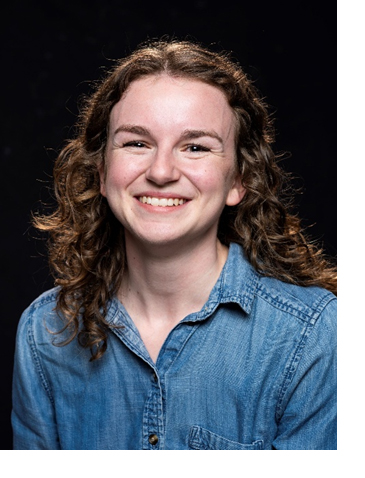 Cary Gray
Cary Gray
Area: Developmental, PhD in Psychology, Spring 2025
What are you most looking forward to next?
I'll be starting an ORISE Postdoctoral Fellowship at the U.S.D.A. Forest Service Pacific Northwest Research Station here in Seattle right after graduation.
What was a highlight of your time in grad school?
I feel very lucky to have a hard time picking a highlight. I think defending my dissertation and feeling so much support from friends, family, peers, and colleagues, including people who have moved on to other institutions or who live across the country, was an incredible way to celebrate this final milestone with the people who made it possible for me to complete my doctoral studies.
What are you most looking forward to next?
I'm looking forward to continuing to conduct research on how people interact with, experience, and benefit from time in natural environments, all while staying in Seattle. I hope to stay connected to all the wonderful friends and colleagues I've made at UW, while shedding the "student" title and working in a more applied context with the Forest Service.
What advice do you have for current/incoming graduate students?
I would tell incoming students to trust the process, but also to trust yourself. You know your work and your goals better than anyone else, but you should also trust that you are learning, developing skills, and contributing to the field even when it's hard to see the fruits of your work. Keep up the hard work, but make sure you have fun along the way.
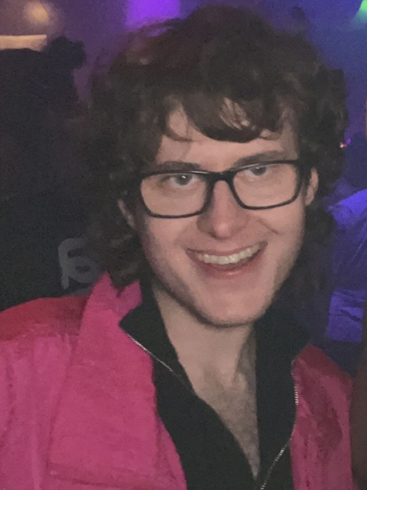 Chad Miller
Chad Miller
Area: Social Psychology & Personality, PhD in Psychology: Data Science, Spring 2025
What are your plans after finishing your PhD?
I'll spend some time getting more independent teaching experience then I'll go up for teaching intensive positions.
What was a highlight of your time in grad school?
I used to serve on a social and wellness committee, and I really enjoyed planning social events for my peers. Another highlight of grad school was getting a thank you card from several students I TAed for with really kind messages written in it.
What are you most looking forward to next?
I'm looking forward to continuing the line of gender nonconformity research I started for my dissertation.
What advice do you have for current/incoming graduate students?
My advice to other students is to use grad school as an opportunity to learn. Take advantage of free tuition and diversify your statistical, computational, and methodological skillset so you have plenty of career paths available to you. And this might be antithetical to my previous point of getting a job but prioritize research quality over quantity.
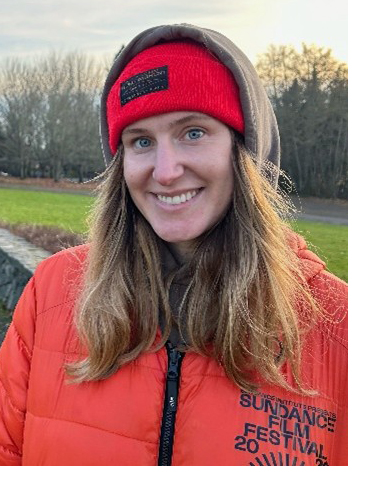 Emma PeConga
Emma PeConga
Area: Clinical, PhD in Psychology: Clinical Psychology, Summer 2025
What are your plans after finishing your PhD?
I will be a clinical postdoctoral fellow at the Center for the Treatment and Study of Anxiety at University of Pennsylvania. The CTSA is both a research center (e.g., clinical trials on TMS for OCD) and also a fully functioning clinic providing evidence-based treatments for anxiety disorders, particularly OCD and PTSD. Something I really like about the CTSA is they also lead trainings for providers in prolonged exposure (PE) and exposure and response prevention (ERP). I know, I know, that sounds an awful lot like Lori’s lab – and that’s because it is!
What are you most looking forward to next?
I am excited to once again wear my research and clinical hats simultaneously but with more of my time spent on direct clinical care. I’m also very excited to be a trainer and supervisor!
What was a highlight of your time in grad school?
There were many highlights.
- Traipsing around from class to class with my cohort during first-year and spending more time with grad students across the different areas (shout out to my friends in social psychology!). The later years of the program involve much more time to yourself. So enjoy this time for the camaraderie, first and second years. Also I’m fondly remembering Noah Triplett shaking his bag salads in the middle of class :)
- How good it felt to complete my second-year project. Getting that first milestone out of the way was exhilarating!
- Going to graduate school in Seattle <3. I could be feeling so burned out and then catch a glimpse of the Olympics or see that the mountain’s out and have a moment of awe. There are so many parks and other places to sit outside. And endless day trip options. I miss it very much!
What advice do you have for current/incoming graduate students?
This is a no-brainer for me: seek the advice of more advanced students as often as you can. Whether it’s on how to manage the reading load first year, what clinical practica to do, getting examples of NRSA/NSF applications, or asking how to apply for internship… they are possibly your most important resource in the program!! Don’t be shy – ask them for help!!!
Also, try to take the first two years as lightly as you can. Much of what you learn in the first-year classes is truly fundamental (e.g., I often think about learning regression to the mean in Lili’s class and pretty much every paper from Lori’s class). That said, your success in the program is not defined entirely, or even mostly, by your GPA (refer to my first piece of advice on this). So try to learn as much as you can without sweating the small stuff/ going insane.
Clinical students: I experienced starting clinical work second year as existentially stressful and emotional. But I assure you – you will get SO much better and so much more confident quickly. You can do this!
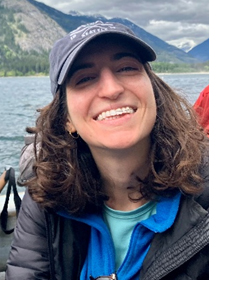 Rebecca Schachtman
Rebecca Schachtman
Area: Social Psychology & Personality, PhD in Psychology: Data Science, Summer 2025
What are your plans after finishing your PhD?
Not sure yet! I'm hoping to get a role outside of academia doing applied research with some kind of social impact.
What was a highlight of your time in grad school?
My highlight was probably getting my first first-author paper accepted. I wasn't sure if this would be possible during grad school, and it was really satisfying to see a group of studies come together and culminate in a publication.
What are you most looking forward to next?
I'm excited to take a bit of a break! After that, I'm looking forward to seeing how I can use all the skills I learned in graduate school to do research in an applied setting.
What advice do you have for current/incoming graduate students?
My advice would be to try treating grad school like a job. Getting a PhD takes a long time, and I found prioritizing work-life balance early on (like working 9-5 when possible and having friends and hobbies outside of school) helped me be more productive and motivated throughout.
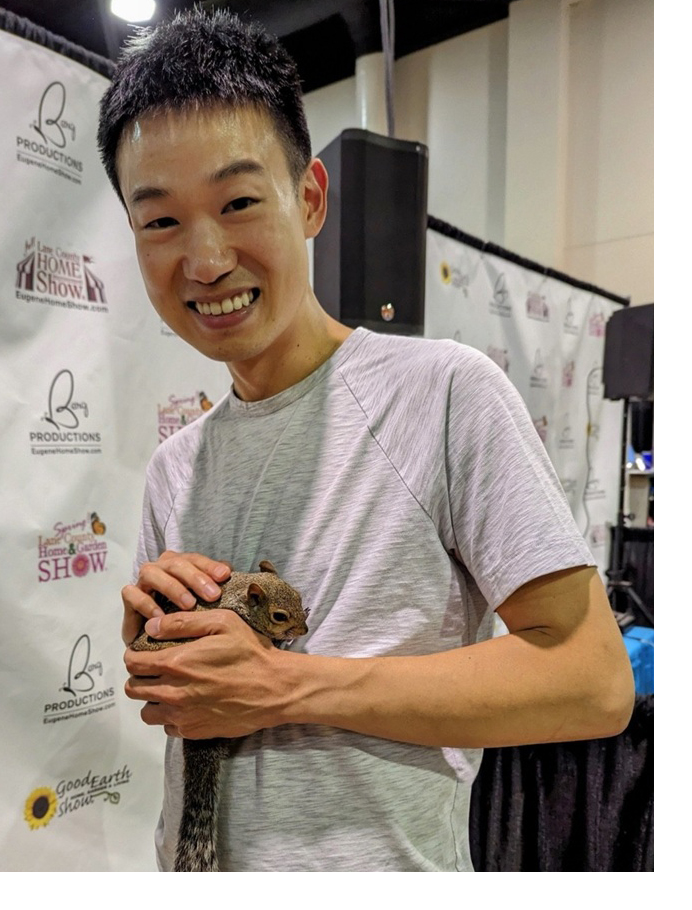 Frank Song
Frank Song
Area: Clinical, PhD in Psychology: Clinical Psychology, Summer 2025
-
What are your plans after finishing your PhD?
I’m joining Boston Consulting Group as a management consultant. While I’ll be working on a variety of projects, I’m particularly excited about helping behavioral health organizations scale their impact.
What was a highlight of your time in grad school?
There are so many highlights. One unique experience was shooting an interview with KIRO 7 News about my study on how alcohol and caffeine affect sleep. It was such a cool opportunity to share my research with the world and an important reminder that disseminating science matters.
What are you most looking forward to next?
I’m looking forward to continuing the next chapter of my career here in Seattle, which has really grown on me during my time as a graduate student. I feel so fortunate to be surrounded by the community and the nature I love, all in one place.
What advice do you have for current/incoming graduate students?
Take the path of least regret. For me, this meant exploring all the opportunities that piqued my interest. If you’re willing to follow your curiosity and go outside the comfort zone, UW offers so many ways to learn and grow both in and outside psychology. PhD is a once in a lifetime experience - so why not make the most of it?
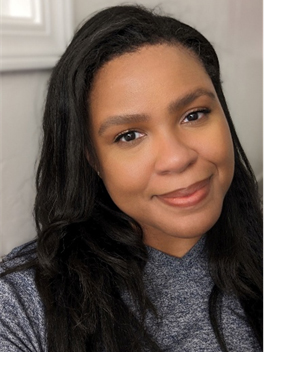 Michele Renee Smith
Michele Renee Smith
Area: Clinical, PhD in Psychology: Clinical Psychology, Summer 2025
What are your plans after finishing your PhD?
I will be spending the year as a postdoctoral fellow in the Leadership Education and Adolescent Health (LEAH) Program, part of the Division of Adolescent and Young Adult Medicine at Boston Children's Hospital and Harvard Medical School. My work will include clinical service and advocacy, teaching, and applied research in adolescent and young adult psychology. I am excited to continue my work with youth and families in an integrated medical and mental health setting.
What was a highlight of your time in grad school?
Building personal and professional relationships and learning across different environments.
What are you most looking forward to next?
Most immediately: rest! This summer, I'm looking forward to traveling, spending time with friends and family, and not being a student for the first time in a while. Professionally, I'm looking forward to continuing to develop as an independent clinician and scientist.
What advice do you have for current/incoming graduate students?
I think there are a few things that go hand in hand: maintaining clear goals, opting into activities that support your goals, and prioritizing self-care. There are so many opportunities in grad school, so learning to say no is a valuable skill! Keep in mind what you want to accomplish and select experiences that align with that goal while also remembering to prioritize your own wellness.
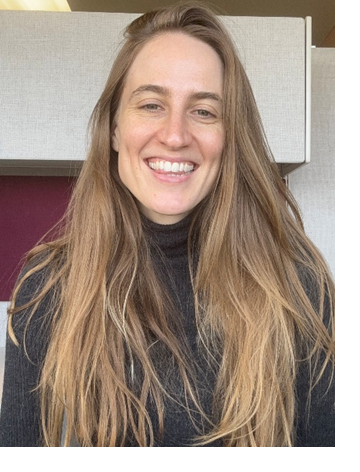 Victoria Szydlowski
Victoria Szydlowski
Area: Clinical, PhD in Psychology: Clinical Psychology, Summer 2025
What are your plans after finishing your PhD?
After finishing my PhD in adult clinical psychology at the University of Washington, with my advisor, Dr. Mary Larimer, PhD, I am pleased to share I have accepted a postdoctoral fellowship in rehabilitation psychology at the VA Puget Sound Health Care System “Seattle VA” under the mentorship of Dr. Rhonda Williams, PhD, ABPP-RP and Dr. Aaron Turner, PhD, ABPP-RP.
What was a highlight of your time in grad school?
My time in graduate school was characterized by profound personal change when my beloved spouse, Matthew Briggs, approached end-of-life after a sudden diagnosis with a rare and aggressive cancer. Transformed by my experience as a partner and caregiver throughout serious illness, I returned to graduate school passionate about devoting my work to addressing the constellation of mental health needs in advanced and serious illness, end-of-life, dyadic coping, and grief. A highlight of my time in graduate school includes my deep gratitude for the encouragement of my graduate advisor, Dr. Mary Larimer, PhD who supported me in completing UW’s Graduate Certificate in Palliative Care, my clinical supervisor, Dr. Ty Lostutter, PhD who supported me in spearheading the creation of the Fred Hutchinson Cancer Center (FHCC) clinical practicum, and my graduate instructor, Dr. Lori Zoellner, PhD who supported me in receiving the Jeffrey Jaeger Fellowship in Clinical Psychology for my proposal to study prolonged grief disorder.
What are you most looking forward to next?
I am most looking forward to continuing to integrate my lived experience with my clinical and research training in rehabilitation psychology as a postdoctoral fellow at the Seattle VA!
What advice do you have for current/incoming graduate students?
My advice for current and incoming graduate students is to hold fast onto Toni Morrison’s wisdom, “you are not the work you do; you are the person you are.” Our most foundational learning does not come through the classroom, a research study, or a clinical encounter. Rather, it is how we approach the outrageous fortune of our lives and the lives of others with curiosity and awe using the sophisticated tools of graduate study: the classroom, the research study, the clinical encounter.